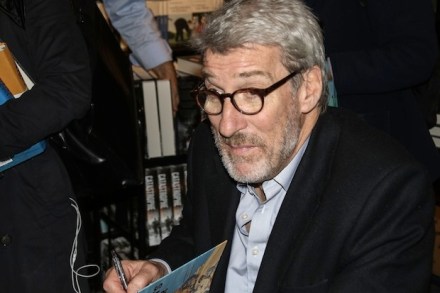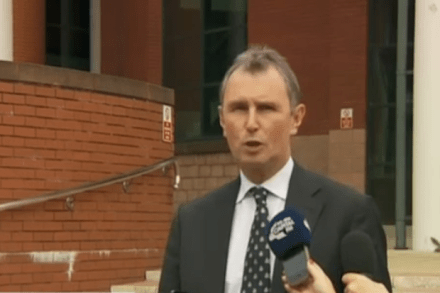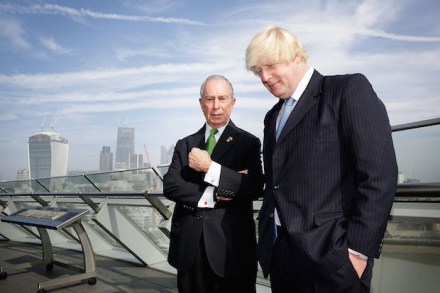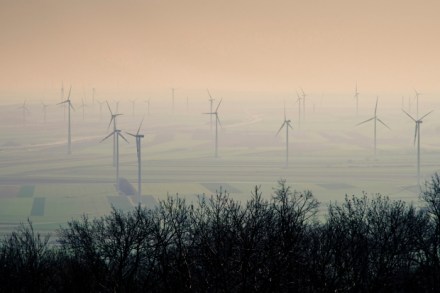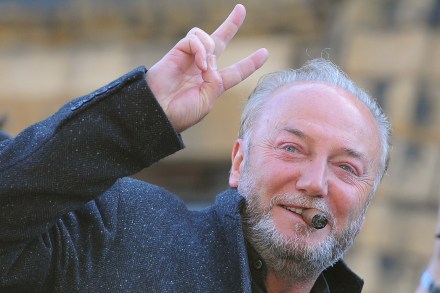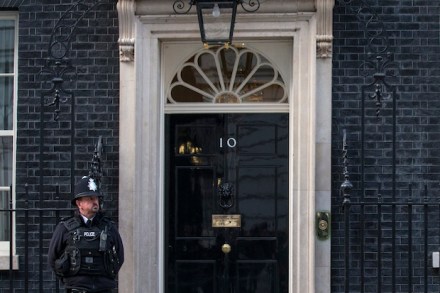Investment special: How to come out top in the pensions revolution
Three years after The Spectator called on the Chancellor to ‘stop treating pensioners like babies’, his Budget this year gave everyone greater choice about how we enjoy our life savings. While more column inches have been expended on the outside chance that some pensioners might blow the lot on a Lamborghini, less has been said about our exciting freedom to retain control of the biggest fund most of us will ever acquire and to remain active investors after we retire. Contrary to what some commentators seem to imagine, George Osborne did not abolish the legal compulsion to spend most of our pension savings on an annuity or guaranteed income for




